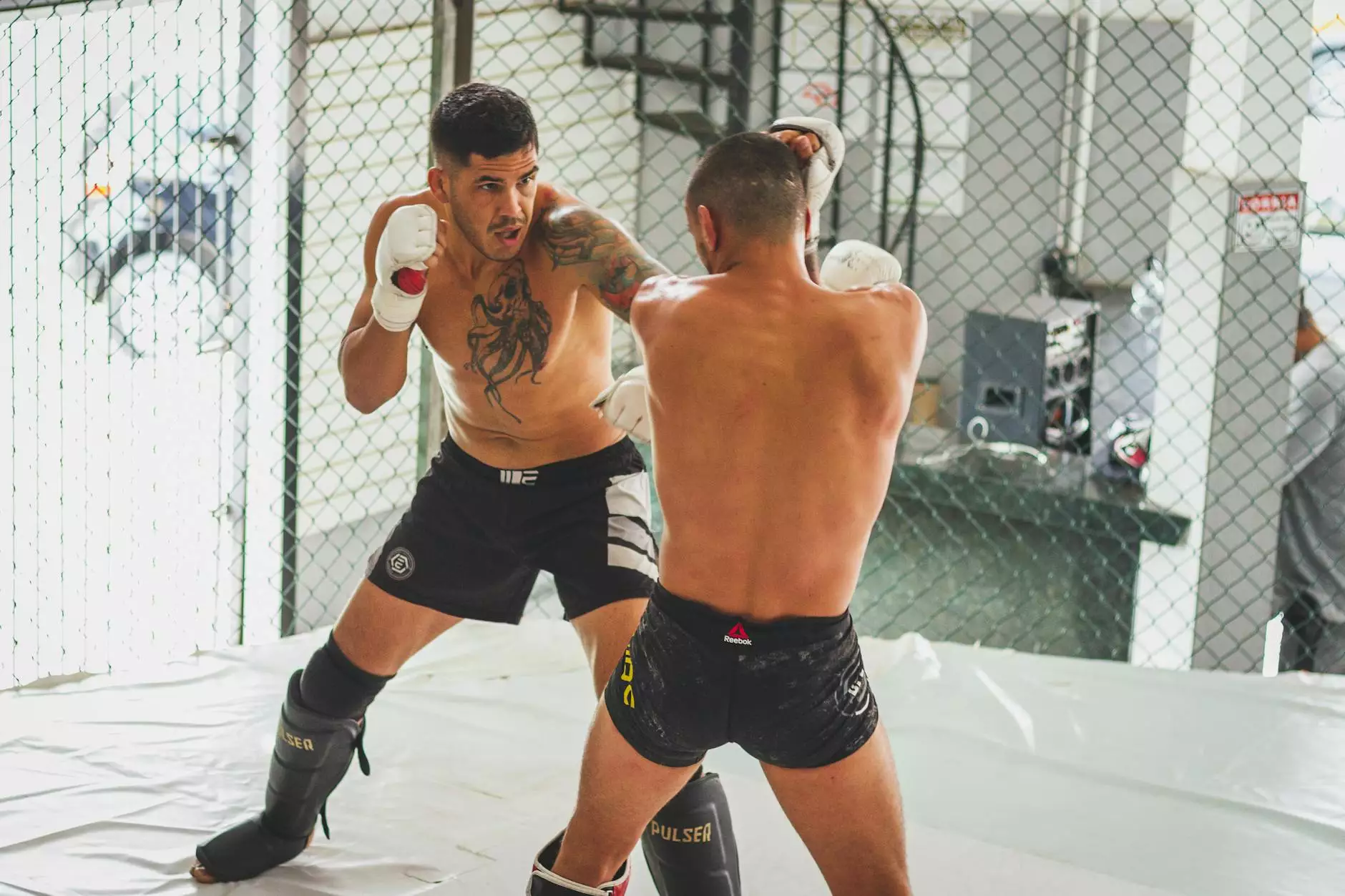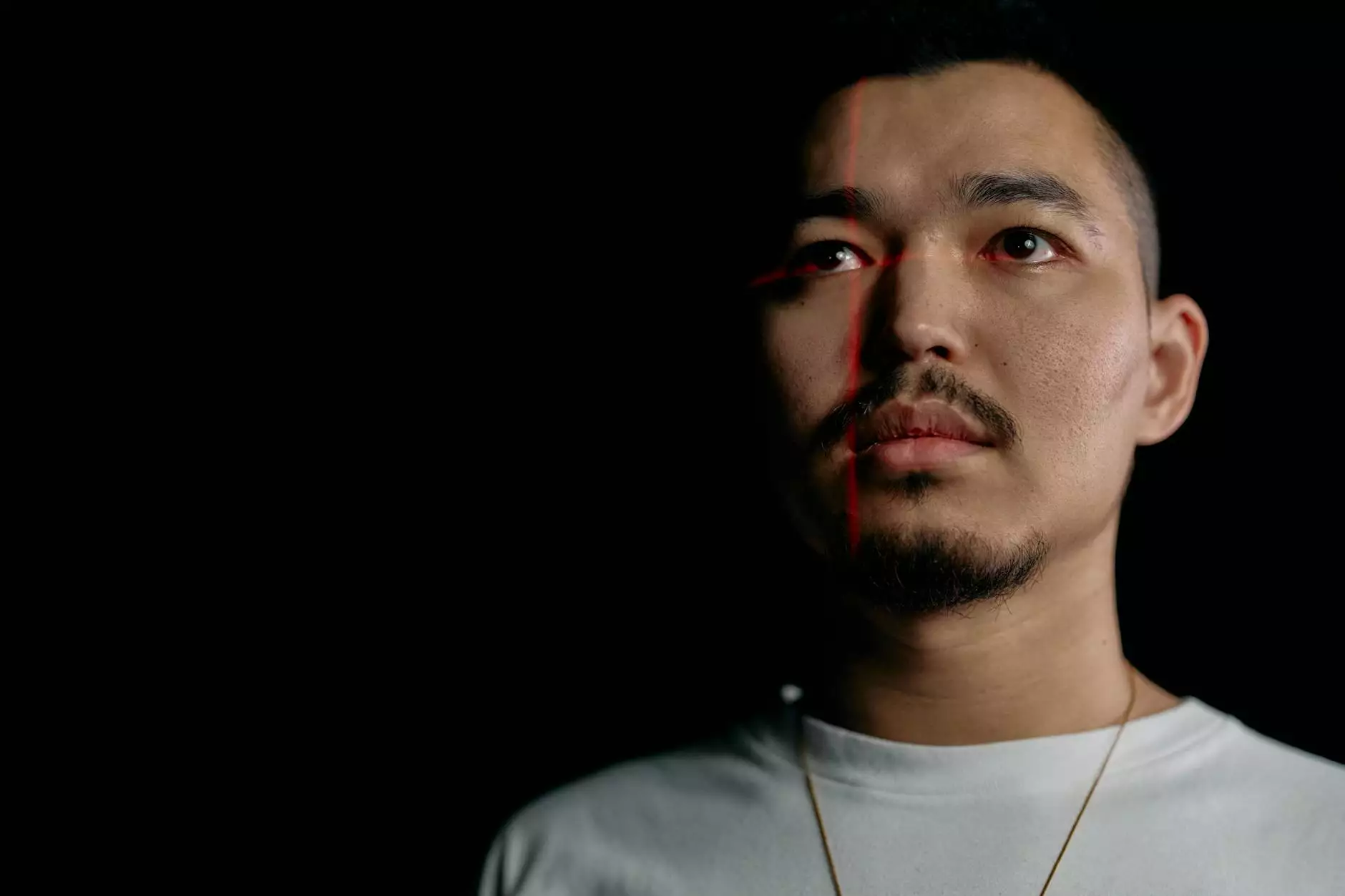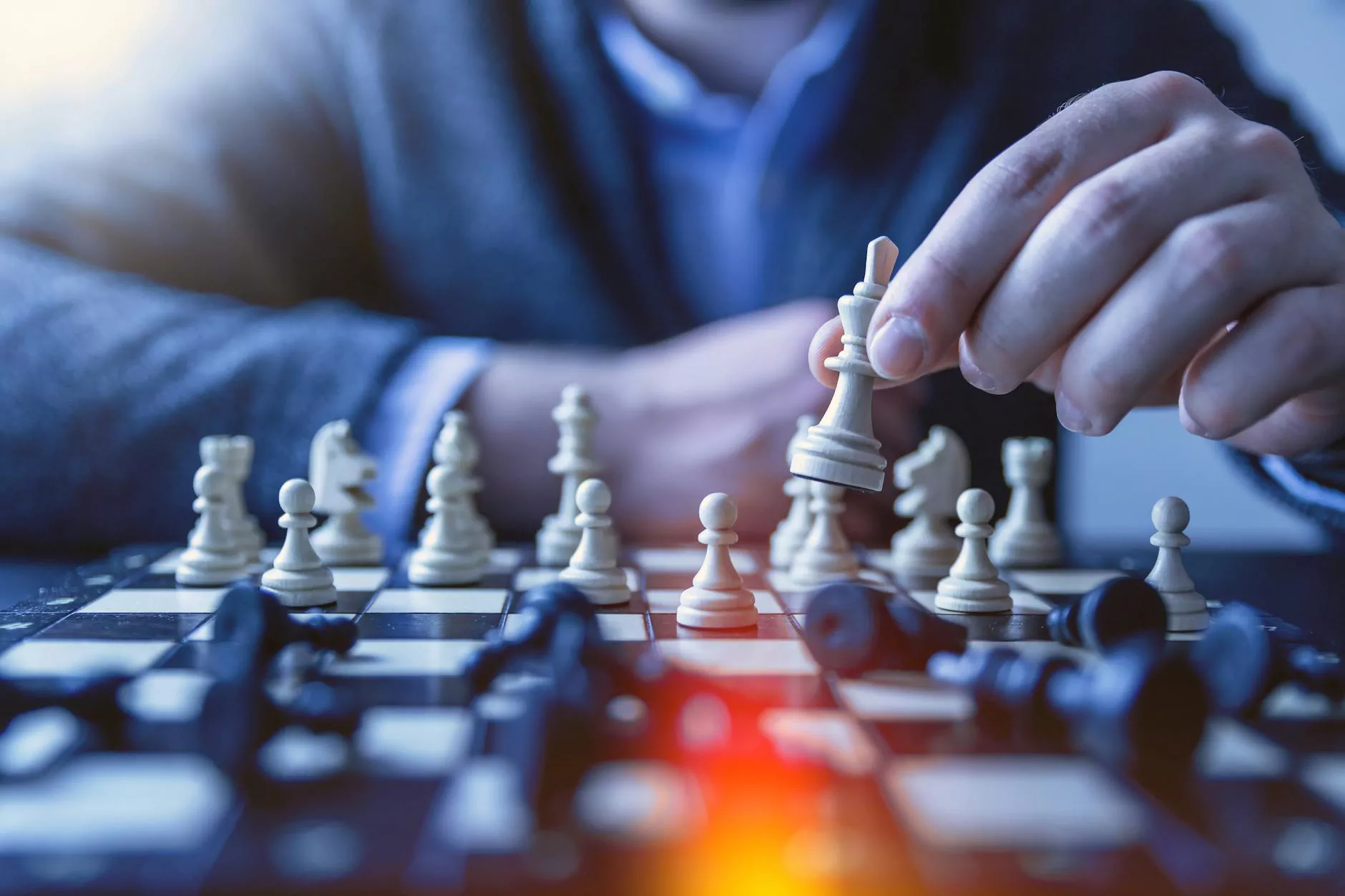Exploring the Synergies Between BJJ and Criminal Defense Law

In today's dynamic world, the combination of physical discipline and legal strategy is not just innovative; it's essential. One of the most compelling arenas where these two fields intersect is within the teachings of the bjj seminary. This institution has emerged as a pivotal space for learning not only the art of Brazilian Jiu-Jitsu but also valuable lessons applicable to the legal world, particularly in criminal defense law. In this article, we delve into how Brazilian Jiu-Jitsu principles can enhance legal practices and create a robust framework for defending clients effectively.
Understanding Brazilian Jiu-Jitsu and Its Principles
At its core, Brazilian Jiu-Jitsu (BJJ) is a martial art focused on ground fighting and submission grappling. It emphasizes the concept of leverage and technique over brute strength, enabling smaller individuals to defend themselves against larger opponents. The principles that underpin BJJ extend far beyond the mat, touching upon various aspects of conflict resolution, strategy, and discipline.
Key Principles of Brazilian Jiu-Jitsu
- Leverage: Understanding how to use body mechanics to your advantage.
- Strategy: Anticipating an opponent’s moves and creating counter-strategies.
- Patience: Waiting for the right moment to act, rather than rushing in.
- Discipline: Cultivating a mindset of continuous improvement and resilience.
- Respect: Acknowledging the worth of your opponent, which fosters a more constructive environment.
The Role of the BJJ Seminary
The bjj seminary serves as a unique educational institution where practitioners combine martial arts training with philosophical teachings. This environment promotes not only physical skill development but also mental fortitude and ethical considerations that are vital to both martial arts and law.
Educational Focus of the BJJ Seminary
The curriculum at a BJJ seminary may include:
- Self-Defense Techniques: Practical applications for defending oneself legally and physically.
- Moral Philosophy: Discussions on ethics in both martial arts and legal practices.
- Conflict Resolution: Techniques for de-escalating situations, useful in both fights and legal disputes.
- Physical Conditioning: Enhancing overall health, which is crucial for both lawyers and athletes.
- Community Building: Creating a network of support that can aid in professional development.
Applying BJJ Principles in Criminal Defense Law
Now, let us explore how the lessons gleaned from the bjj seminary can enhance practices within criminal defense law, particularly in handling cases with a strategic and tempered approach.
1. Leverage and Strategy in Legal Practice
Just as BJJ practitioners learn to leverage body weight and positioning, lawyers must leverage the strengths of their arguments, evidence, and client profiles. Strategizing case presentations can dramatically influence the outcome. Understanding the weaknesses of the prosecution can allow a defense attorney to form a robust defense strategy. This strategic approach mirrors the way BJJ athletes set up their attacks and defenses.
2. The Importance of Patience in Legal Proceedings
In BJJ, patience is crucial. The same holds true in the courtroom. Legal battles often take time, and decisions made in haste can lead to unfavorable outcomes. A successful criminal defense lawyer understands the importance of waiting for the right moment to present evidence or make a plea. They utilize every piece of information gathered during the investigation carefully, akin to waiting for the perfect opportunity to execute a technique on the mat.
3. Discipline in Training and Case Preparation
Discipline is a fundamental aspect of both BJJ and legal work. The rigorous training that martial artists undergo is paralleled in the meticulous work that lawyers engage in during case preparations. A lawyer’s discipline in maintaining focus, researching case law, and preparing witnesses can make a substantial difference. Effective preparation not only bolsters confidence but also paves the way for successful client representation.
The Ethical Dimensions: Respect and Responsibility
Another aspect where BJJ and legal practice intertwine is in the ethical treatment of opponents and clients. The principle of respect in Brazilian Jiu-Jitsu fosters an environment where learning takes precedence over ego. This philosophy translates beautifully into law, where mutual respect is crucial. Lawyers who respect their clients and opponents are often more successful in negotiating favorable outcomes, as they build rapport and trust.
Benefits of Integrating BJJ Principles into Legal Practice
As professionals navigate through the complexities of law, particularly in criminal defense, integrating the principles learned at a bjj seminary can provide numerous benefits:
- Improved Critical Thinking: Engaging in complex problem-solving scenarios on the mat helps cultivate sharp analytical skills in legal cases.
- Enhanced Stress Management: Physical training often provides methods for managing stress, which is invaluable in high-pressure legal environments.
- Networking Opportunities: Being part of a BJJ community fosters connections that can lead to referrals and collaborations in legal fields.
- Client Advocacy: Understanding self-defense can aid lawyers in better advocating for clients facing charges related to self-defense situations.
- Visibility and Personal Brand: Engaging in martial arts reflects discipline and character, enhancing a lawyer’s personal brand in the community.
Cultivating a Career that Bridges Disciplines
For those interested in criminal defense law and Brazilian Jiu-Jitsu, pursuing qualifications in both fields presents unique opportunities. The combined knowledge equips lawyers with tools that can bolster their practice significantly. Attending a bjj seminary creates a foundation for both physical and intellectual development, enhancing a lawyer's ability to navigate the legal landscape.
Pathways for Lawyers Interested in BJJ
Lawyers who hope to integrate their legal practice with BJJ may consider the following pathways:
- Enroll in BJJ Classes: Start with introductory courses to learn the fundamentals.
- Attend Workshops and Seminars: Participate in events that fuse martial arts with legal discussions.
- Engage in Community Service: Offer legal clinics to support the martial arts community, establishing yourself as a knowledgeable advocate.
- Network with Other Practitioners: Build relationships with fellow BJJ practitioners who may also be in the legal field.
- Write and Share Insights: Create content that highlights the connection between martial arts and law, building your presence as an expert in both domains.
Conclusion: A Harmonious Blend of Martial Arts and Legal Expertise
The fusion of Brazilian Jiu-Jitsu and criminal defense law through the teachings of institutions like the bjj seminary presents an extraordinary opportunity for professionals in both fields. By adopting the principles of leverage, strategy, patience, discipline, and respect, lawyers can enhance their practices and client outcomes dramatically. This intersection is not merely theoretical; it's a practical pathway that can lead to profound personal and professional development.
As we embrace these holistic practices and philosophies, we pave the way for a revolutionary shift in how we view both the legal and martial arts fields. The future is bright for those who dare to blend these two powerful disciplines.









